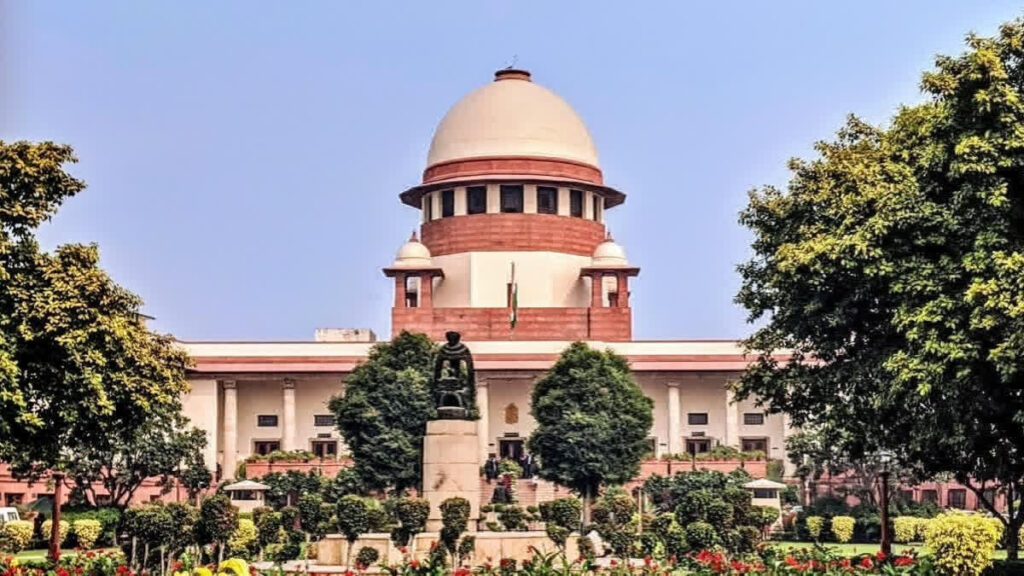Rehan Khan
On 12th September, in a strong stance against what has come to be known as “bulldozer justice,” the Supreme Court of India has ordered a stay on the demolition of a home in Kheda, Gujarat, that was under threat from municipal authorities. The house is co-owned by a man, Javed Ali Mahebubmiya Saiyed, whose family has resided there for over two decades. Saiyed is facing allegations of trespassing, but the Supreme Court has made it clear that an individual’s alleged involvement in criminal activity cannot justify the destruction of their legally constructed property.
A bench comprising Justices Hrishikesh Roy, Sudhanshu Dhulia, and SVN Bhatti criticized the approach of demolishing homes as a punishment for criminal accusations, emphasizing the importance of upholding the rule of law. The bench noted: “In a country where actions of the State are governed by the rule of law, the transgression by a family member cannot invite action against other members of the family or their legally constructed residence. Alleged involvement in crime is no ground for demolition of a property.”
The Court also observed that the crime in question has not yet been proven in a court of law. It further highlighted the danger of such actions, warning that they could be seen as “running a bulldozer over the laws of the land.” The Bench has sought a response from the Gujarat Government within four weeks and maintained the status quo regarding the property in question.
The case arose after Saiyed filed a plea in the Supreme Court, following a criminal complaint registered on September 1, 2024, which prompted the municipality to threaten to demolish his family home. Saiyed’s counsel, Senior Advocate Iqbal Syed, pointed out that his client is a co-owner of the land, as recorded in the revenue records of Kathlal village, Kheda district. The family had been residing there for generations, following a resolution passed by the Kathlal Gram Panchayat in 2004, which granted permission for the construction of residential homes on the land.
The Supreme Court’s intervention is the latest in a series of actions against the growing trend of using demolitions as punitive measures for those accused of crimes. Justice Hrishikesh Roy remarked: “The Court cannot be oblivious to such demolition threats inconceivable in a nation where law is supreme”. Such demolitions, he added, could not be justified by mere allegations, especially when the legal process is still underway.
This order follows another critical observation made by the Supreme Court on September 2, where it expressed concerns over the increasing use of demolitions against accused individuals and indicated its intention to issue guidelines to prevent such misuse of power. A bench comprising Justices BR Gavai and KV Viswanathan had made similar remarks, affirming that demolishing homes based solely on criminal accusations was unacceptable.
In this case, the court made it clear that law enforcement should follow due process and that the municipal authorities have no justification for threatening demolition. Iqbal Syed also brought to the court’s attention that a complaint had been lodged under Section 333 of the Bharatiya Nyaya Sanhita, 2023, outlining that while the accused family member should face legal proceedings, no actions should be taken to destroy the property of others involved.
Case Title: Javed Ali Mahebubmiya Saiyed v. State of Gujarat and anr
Case Number: WP(C )Diary No. 41707/2024
Bench: Justices Hrishikesh Roy, Sudhanshu Dhulia, and SVN Bhatti

